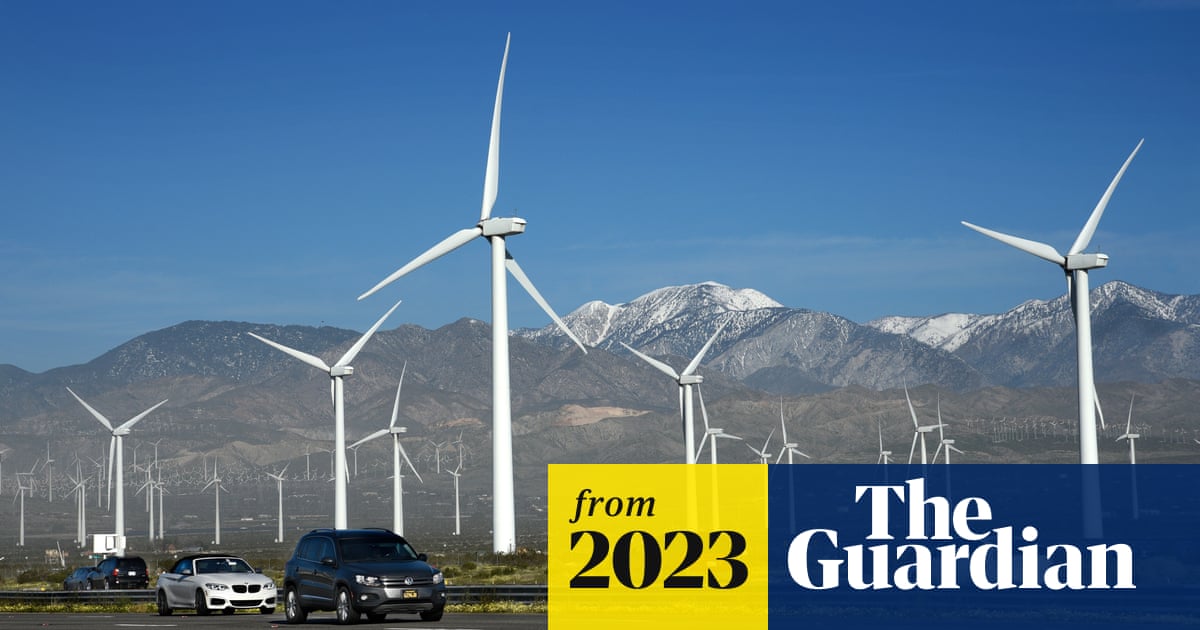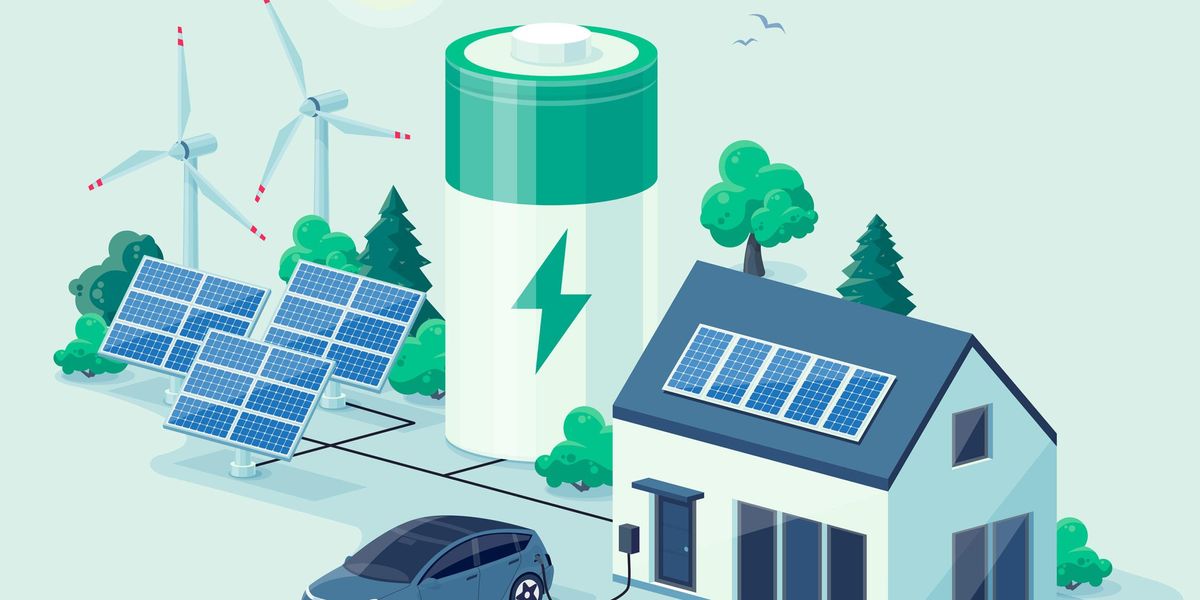- Joined
- Feb 23, 2016
- Messages
- 20,792
- Likes
- 37,693
About your last sentence I have one thing to say.........look at how the automobile took over. It initially was too expensive for most people, not very reliable and not exactly environmentally an improvement (well maybe in cities overcome with horse dung). Talk about your long term environmental cost. In time it was refined just like the current transformation will be. I am also sure some unforeseen consequences will occur. That is how things work.Don’t think you read my point very well on city temperatures they are always higher in a city than in the surrounding rural areas. As we have seen EV batteries are far less effective in colder temperatures. Due to their size and fire risk they will never been installed in densely populated urban locations. Try reading the article someone referenced in a previous post, written by a committee working for the Government of California. Technology only works in the long term when it’s proven to be cost effective, reliable and environmentally an improvement. Will the use of EVs improve air quality absolutely but at what long term environmental cost?
As for whatever California gov't says, heck there is nothing I can get from California that does not warn me of a cancer risk. The loonies really did finally take over. If California has its way it will become relatively bereft of energy it needs.
City vs rural temperatures............come on..........there is some small difference. Not enough to say you can never use large batteries there. They'll figure out the size and fire risk to either keep it just outside the city or learn how to make it safe. It is not like they have to be 50 miles outside a city to have some safety space. Now I'm less sure big battery storage will become a big thing for cities. It might or might be a niche.



